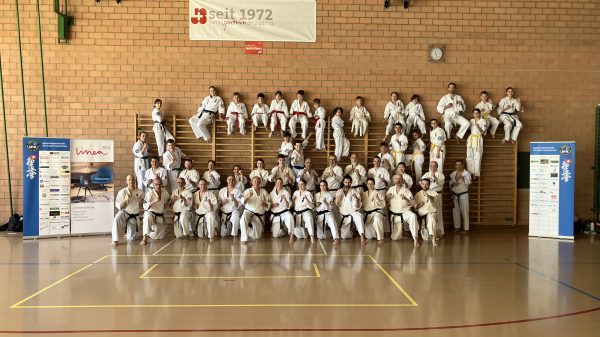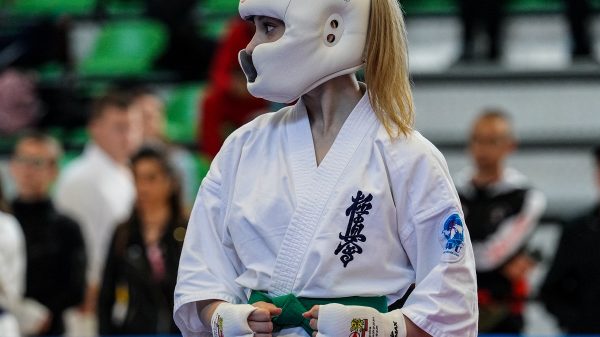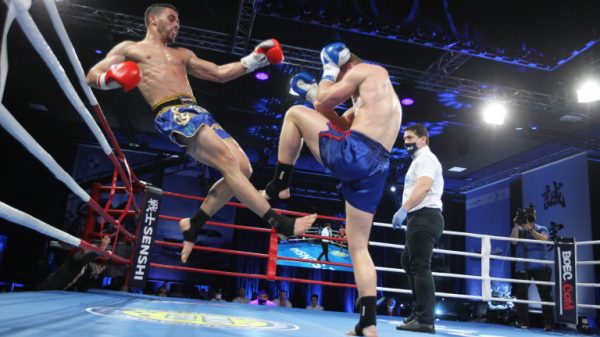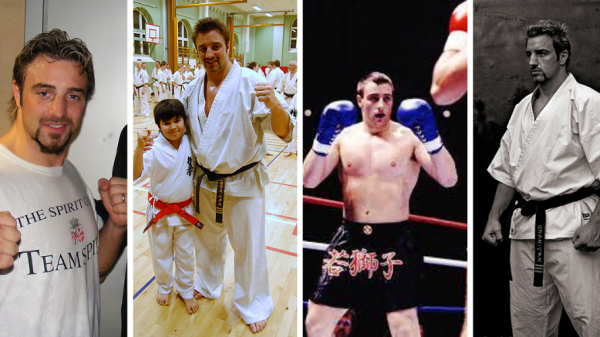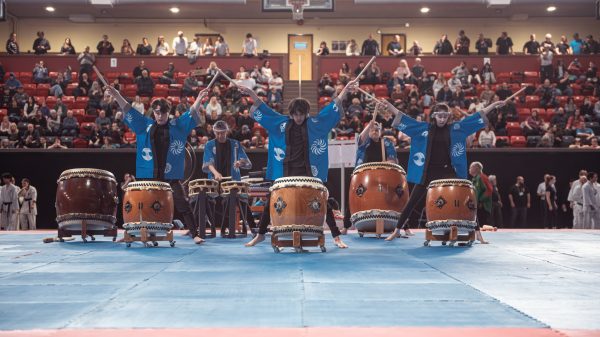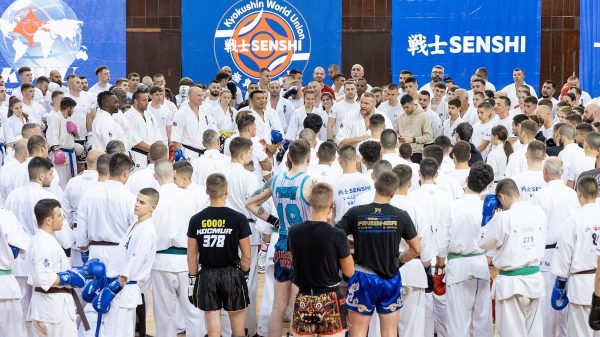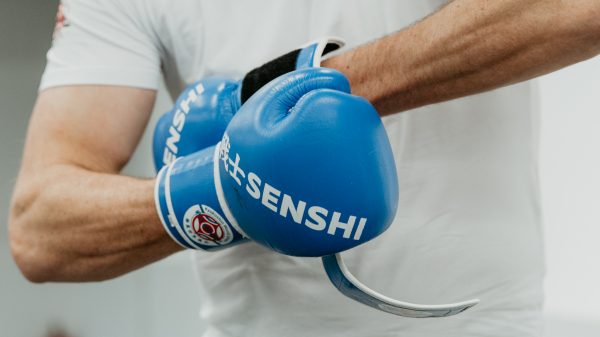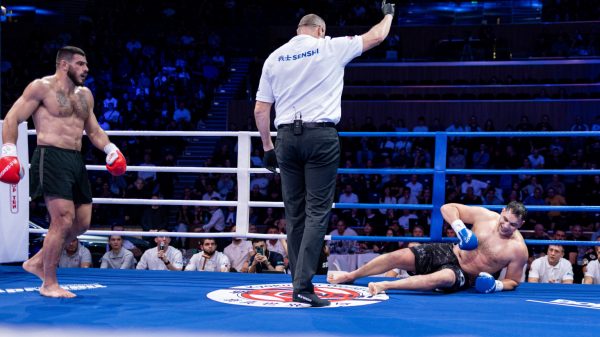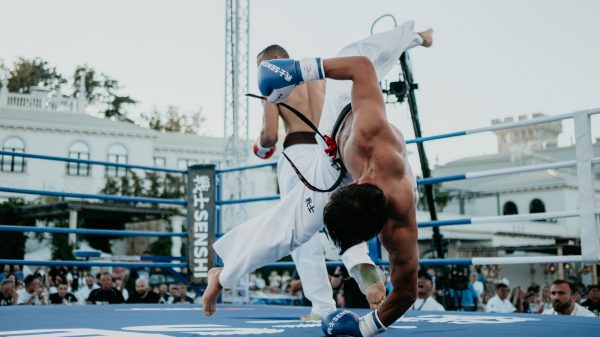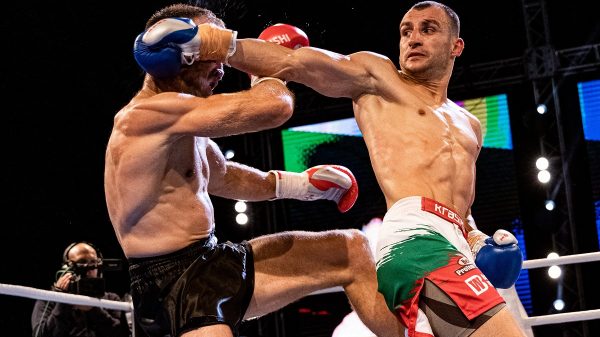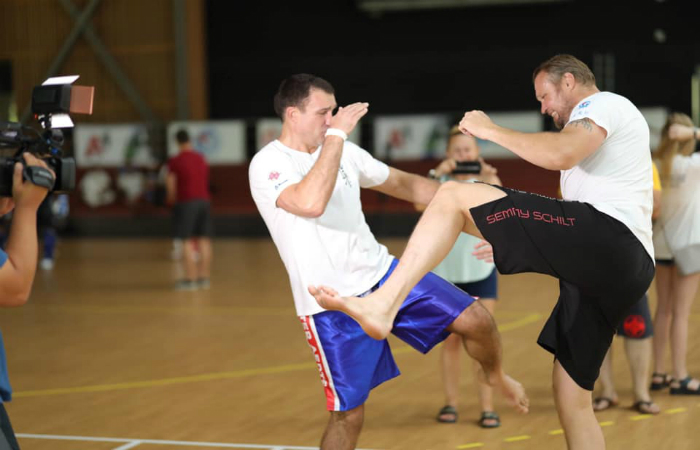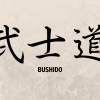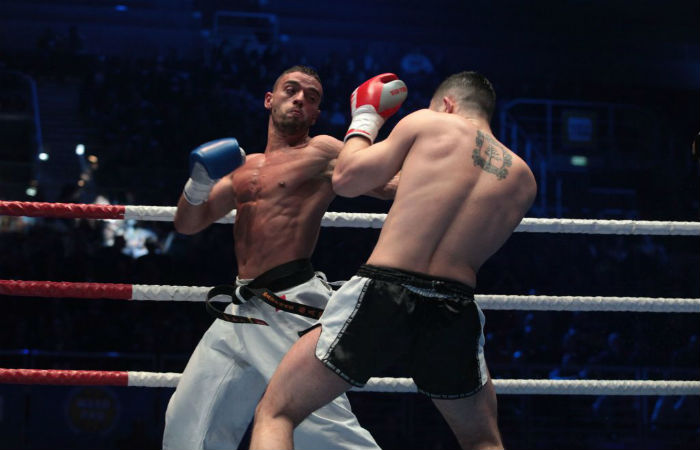1) Don’t worry if you’re not on the same level as your partner. If you’re brand new and get paired with a senior student, don’t worry that you’re somehow “holding them back.” Chances are, they welcome the chance to brush up on their basics, and will be more than happy to give you pointers. And don’t be embarrassed if you make mistakes – remember, they’ve been there, too!
2) Do be willing to accommodate your partner’s level.
If they’re ahead of you, be prepared to push yourself, even if it means failing once or twice. You’ll learn from the experience. And if you’re the advanced one, keep in mind that you may need to go a little more slowly for your training partner. The moves you can fly through with your eyes closed are still new to them. Focus, instead, on perfecting your technique.
3) Don’t go all-out in resisting your partner’s techniques. For example, if you’re drilling escape, and your partner is practicing the move, don’t latch on to their arm for dear life and start cranking like you’re in the final five seconds of a UFC fight. “But no one will just let them do this move in a real match!” you whine. True. But they also won’t do it to someone who knows exactly what’s coming and has just seen the entirety of the move demonstrated step-by-step. Also, this time in class is for learning the technique – getting a sense of how the movements work and what to do. If you lock up, over-power them, or weasel away every time they try the move, they won’t get to learn the technical aspects.
4) At the same time, don’t be a dead fish. Move and resist a little, and give them the feeling that they’re working with a live human rather than a sack of potatoes.
5) Don’t over-coach your partner if you’re on compatible levels (and especially if you’re on a lower level).
6) Do accept constructive criticism. Sure, it’s never fun to hear you’re not doing something right, but keep this in mind: the person offering the critique probably did so out of a genuine desire to see you become better. Instead of letting you continue to do something the wrong way, they cared about you – and they believed in your ability to grow – enough to correct you.
7) Do ask for help if you’re struggling! This ties back into #1. No one’s going to judge you for not knowing a move, and even black belts get hung up on certain stuff.
8) When it comes time to spar or roll, don’t treat your training partner as your personal punching bag or grappling dummy. If you are more skilled than your partner, fantastic – you’ve trained hard! If you’re stronger, good for you – you must work out! If you’re simply bigger, wonderful – genetics has given you a handy advantage! And guess what? None of this entitles you to crush or punch the living daylights out of your partner. If you want to go all-out, go against someone your own size/strength/skill level, or someone who has enough of one of these attributes to counter your main advantage (e.g. you’re really skilled and they’re a white belt who’s strong as an ox and build like a tank).
9) Do be ready and willing to hit. You should never force your partner to choose between actually hurting you and giving up a lock or good position that they’ve earned.
10) If you’re in a striking art, do pay attention to how your partner holds mitts/pads, and take pointers. I’ve said it before and I’ll say it again – I believe that holding pads correctly is harder to pick up than striking. That said, you need to make learning a priority. No one wants to work with the guy who’s been training for five months and still doesn’t know how to hold correctly. Plus, it’s dangerous to not hold correctly.
11) Men – don’t treat your female training partners like we’re made of glass. I promise, you are not going to break one of us on accident (if you do break one of us, it was because you were going hard enough to break any human – in which case go back and read #8 again).
12) Don’t make kicking awkward.


